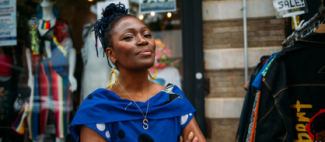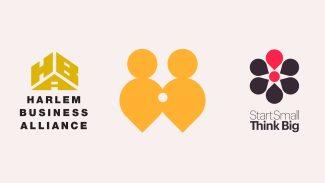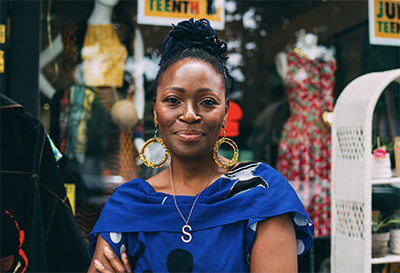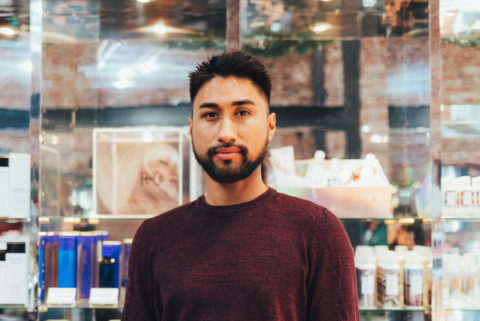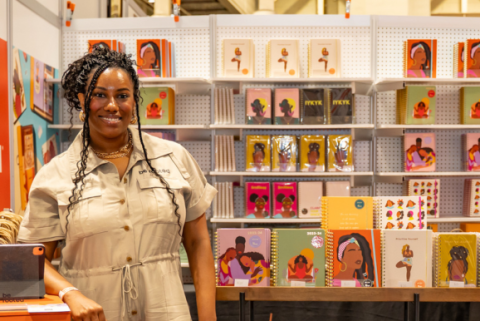Teresa Thompson, LCSW
1. What does Pride mean to you as a small business owner who serves the LGBTQIA+ community?
Pride is a protest and a reminder of how powerful we are as a queer community when we connect and care for each other. As a small business owner, Pride makes me reflect on how my therapy practice is a labor of love for my community, my effort to help us thrive.
2. How are you reflecting/celebrating Pride month this year?
For Pride month this year, I'm catching the Andy Warhol exhibit at the Brooklyn Museum, redoubling my efforts to speak out against transphobia when I hear it, and participating in outdoor gatherings with my spiritual community and chosen family.
3. What does Juneteenth mean to you and your identity as a small business owner?
For me, Juneteenth is both a celebration of freedom attained and a recommitment to obtaining release yet to be realized. Although I commemorate these on Juneteenth, I strive to carry that ethos in my therapy practice all year long, particularly with my Black clients and clients of color.
4. What services or resources does your business offer to support the LGBTQIA+ community?
My therapy practice is frequently sought out by LGBTQIA+ community members who want to work with a therapist who shares that community identity. In particular, I specialize in working with BIPOC LGBTQIA+ individuals and how issues of spirituality, spiritual trauma, and intergenerational trauma affect people in the LGBTQIA+ community.
5. Why do you do the work you do? Why is it important?
I believe that we as human beings were made not only to survive but to thrive. As a therapist, I aim to provide services that help people access their inner ability to connect to healing and growth.
6. Besides shopping with LGBTQIA+ businesses, how else can people show their support?
Commit to advocating for an issue related to the LGBTQIA+ community. For example, it could be ensuring trans youth have access to gender-affirming medical care, addressing disparities in reproductive resources and adoption processes for same-sex couples, or creating inclusivity for LGBTQIA+ people in your religious tradition. Build a practice of supporting the issue you choose in the long-term through writing letters, attending protests, and educating others through conversation.
7. Why is it important to support small business owners of color who celebrate Pride and ensure equal access to resources/opportunities?
There are people of color who are LGBTQIA+, and there are members of the LGBTQIA+ who are people of color. You can't truly celebrate Pride without uplifting people of color in the community - so many people would be missing.




